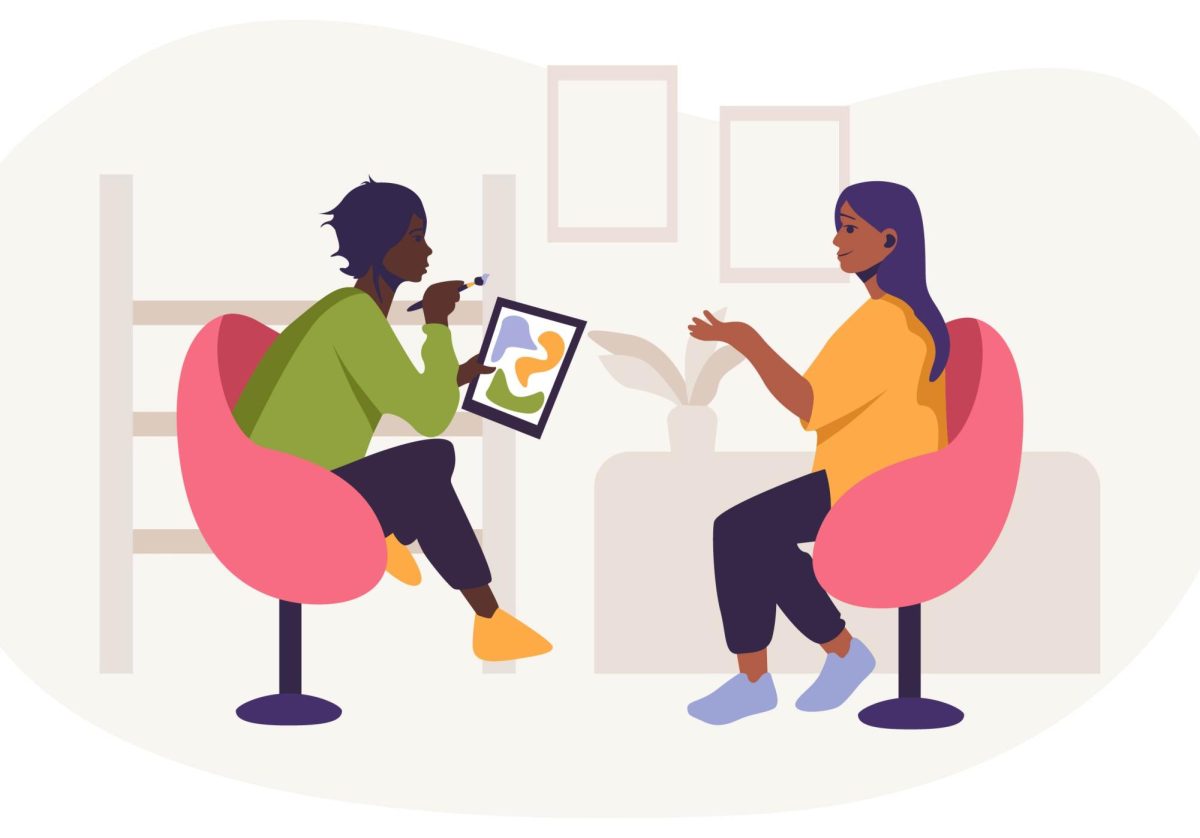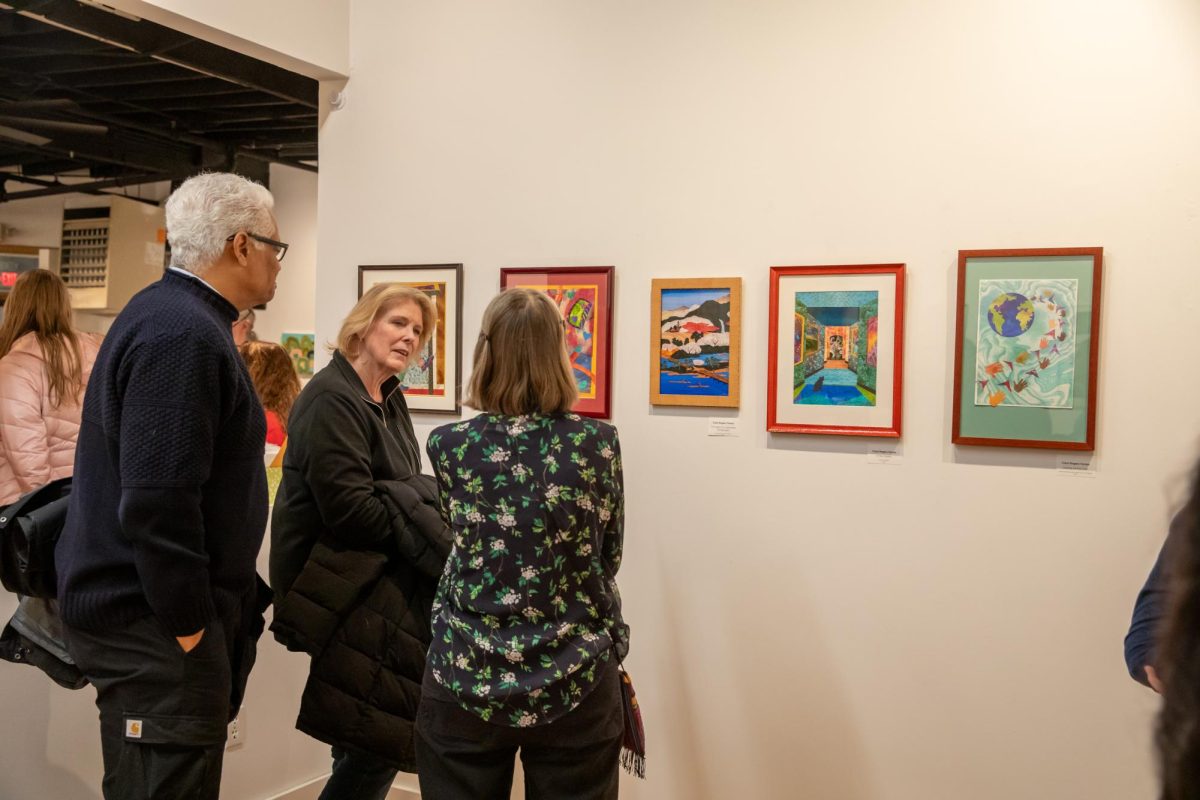âÄúPill HeadâÄù AUTHOR: Joshua Lyon (http://www.twitter.com/JLPillHead) PRICE: $24.99 PUBLISHER: Hyperion Marilyn Monroe. Elvis Presley. Heath Ledger. And most recently, Michael Jackson âÄî all notorious prescription drug abusers, drawn into a downward spiral by the lure of a single pill promising to take all the pain away. Joshua Lyon, a New York-based writer and former associate editor for the now-defunct Jane magazine (RIP) was once a member of that club. He details his romance with painkillers in his debut âÄúPill Head,âÄù a thoroughly researched and supremely relatable memoir. LyonâÄôs exposure to painkillers came innocently enough. Just for fun, he ordered a decent amount of Vicodin while working at Jane, just to see if those somewhat shady Web sites promising pills like Xanax and Percocet were legitimate. They were, and the bottles that arrived ushered Lyon into the world of prescription narcotics. Readers follow his journey of addiction, from barstool exchanges and romantic entanglements to pill-dealing treasure troves called âÄúcandymen,âÄù ending with a rehab stay right here in Minnesota. âÄúPill HeadâÄù is not another weepy memoir of overcoming addiction by the power of love, or God or brute masculine half-truths à la James Frey. ItâÄôs written in a down-to-earth, relatable tone that makes it the most enjoyable kind of read. ItâÄôs heavy stuff but easily finished in a few hours. Besides his own tale, Lyon speaks to doctors, addiction experts and several fellow addicts to lend perspective to what he, along with so many others, is going through. A&E spoke with Joshua by phone to discuss the book, Michael JacksonâÄôs passing and the far from stereotypical smart-chick magazine that was Jane. (For the rest of the interview, check out the A&E Blog.) How long did your research for âÄúPill HeadâÄù take you? What was the most surprising thing you learned? I actually wrote the proposal while working at Jane, and it went to auction and sold four days before Jane folded. That ended up being a blessing in disguise, so I was able to focus solely on the book for about a year. The research was going on through the entire first year. I was doing writing and research, and I could be working on the memoir aspects while still researching. But even after I turned in a final draft, itâÄôs still an ongoing issue. TheyâÄôre trying to ban Vicodin and Percocet now; thereâÄôs an advisory panel to the FDA to recommend a ban because of their high level of acetaminophen. I donâÄôt know how I feel about that. I think it’s a reactionary decision. Since Michael JacksonâÄôs death was probably painkiller related, how did you feel when you heard about it? It was heartbreaking. When it happened, even before they announced it was a painkiller death, I knew immediately. As soon as they said he had died, that his breath was slowing down, I said to my sister, âÄúThis is going to come out as a painkiller death.âÄù If anything good can come of it, people will start paying attention that dangers aren’t necessarily in the painkillers themselves. It comes from mixing. How did you find the other addicts whose stories you chronicle in the book? Where did they come from? A lot of word of mouth; I cast a wide net, like doing an audition for a documentary. I interviewed a ton of different people, going onto chat rooms for drug addictions focusing on pill addiction. I used newspaper articles. With James Dean [voice in book], I stumbled across his article about his case. The main reason I chose the people I did is I wanted to show how many different entry points there were to addiction and how many people can get into them. Usually, when you try with pot or coke, itâÄôs with friends âÄî youâÄôre curious, and you want to try it yourself. There are so many different ways that people can find painkillers. You say in the book that one of the main reasons for your addiction was a social anxiety that the pills helped you overcome. How have you dealt with that now that youâÄôre off pills? Honestly, it’s going to therapy regularly. I have a therapist I see once a week, and it helps volumes. Another thing is communication, letting myself be vulnerable around friends, talking through anything that’s bothering me. ItâÄôs a simple thing, but it was a big discovery for me. It’s OK to make yourself vulnerable. Lots of college students have experimented with painkillers, often taking them with alcohol. What do you think about that? It doesn’t surprise me, but it does scare me only because what happens is that a lot of times people will take it in combination with alcohol or blow. People think that these are safe, but the fact of the matter is that scientists donâÄôt exactly know how opiates work. ItâÄôs a total crapshoot. People can take a couple Vicodin and drink a few beers and be fine, but you have no idea if you haven’t done it before if your body is going to react. There’s a good chance you could have an adverse reaction; your heart could stop, you could stop breathing âÄî and that’s what terrifies me. People think, âÄúOh, they’re safe by themselves.âÄù They’re certainly not. It’s illegal and stupid to take them by themselves. I’m really big on harm reduction. If you’re going to [expletive] around with painkillers, don’t do anything else. Pay attention and do your research. You shouldn’t be putting something in your body that you don’t know anything about.
Image by Ashley Goetz
Former Jane magazine scribe Joshua Lyon on painkiller addictions, Michael Jackson
PHOTO COURTESY HYPERION
“Pill Head” Nation
Former Jane magazine scribe Joshua Lyon on painkiller addictions, Michael Jackson
Published July 7, 2009
0
More to Discover







